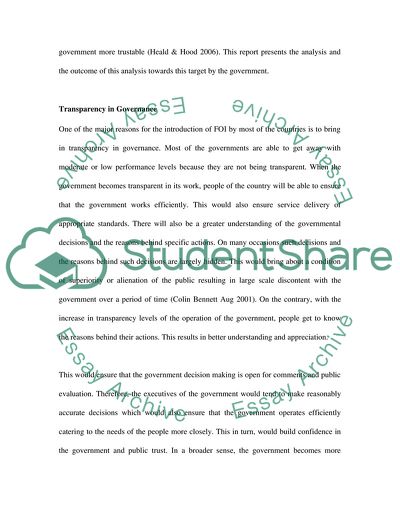Cite this document
(How Do Access to Information and Freedom of Information Laws Affect Coursework, n.d.)
How Do Access to Information and Freedom of Information Laws Affect Coursework. https://studentshare.org/law/1707494-how-do-ati-access-to-information-foi-freedom-of-informationlaws-affect-the-states-ability-to-govern
How Do Access to Information and Freedom of Information Laws Affect Coursework. https://studentshare.org/law/1707494-how-do-ati-access-to-information-foi-freedom-of-informationlaws-affect-the-states-ability-to-govern
(How Do Access to Information and Freedom of Information Laws Affect Coursework)
How Do Access to Information and Freedom of Information Laws Affect Coursework. https://studentshare.org/law/1707494-how-do-ati-access-to-information-foi-freedom-of-informationlaws-affect-the-states-ability-to-govern.
How Do Access to Information and Freedom of Information Laws Affect Coursework. https://studentshare.org/law/1707494-how-do-ati-access-to-information-foi-freedom-of-informationlaws-affect-the-states-ability-to-govern.
“How Do Access to Information and Freedom of Information Laws Affect Coursework”. https://studentshare.org/law/1707494-how-do-ati-access-to-information-foi-freedom-of-informationlaws-affect-the-states-ability-to-govern.


